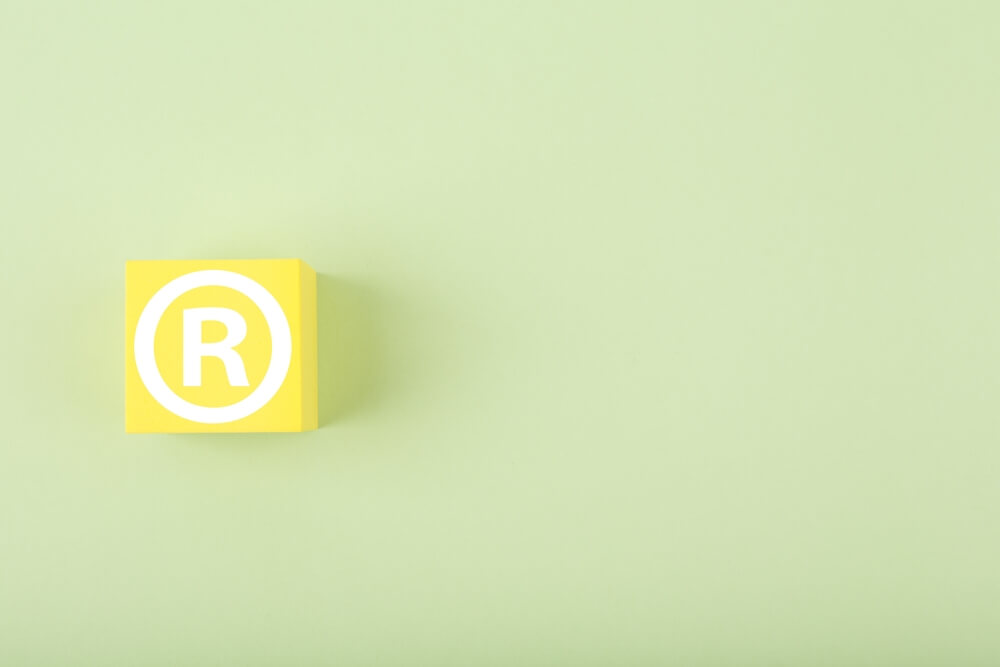 Last updated: March 3rd, 2023 11:58 AM
Last updated: March 3rd, 2023 11:58 AM
Can an individual get a Trademark?
An individual can apply and get a trademark registration in India. Understanding the procedures and requirements for registering a trademark in India is crucial if you want to preserve your company's reputation. Trademarks are intellectual property that can protect words, slogans, logos, and other distinguishing features of products and services. Anyone who wants to register their distinctive words or symbols may do so by submitting a trademark application in their own name. Yet, they are not required to conduct business. They can submit an application and register a trademark for a word or symbol that they intend to use in the future.Importance of Trademark Registration for an Individual
Trademark registration is essential for an individual as it helps to protect their brand and reputation, allows them to distinguish their products and services from competitors, and provides legal protection in the event of any disputes. It also increases the value of the individual's brand. It gives them exclusive rights to use their trademark, allowing them to take legal action against anyone who infringes upon their rights. Trademark registration also allows an individual to gain recognition for their product and services, provides a distinctive logo or design to set them apart from the competition, and may be especially beneficial for small businesses.Process of Trademark Registration for an Individual
The process of trademark registration for an individual in India involves the following steps:- Trademark Search: Before applying for registration, individuals must conduct a trademark search to ensure that another entity does not already register the desired mark.
- Application: After conducting the trademark search, the individual must apply for trademark registration with the Indian Trademark Office. The application must include details about the proposed mark, such as the type of mark (e.g., logo, slogan, phrase, etc.), trademark class, and any other relevant information.
- Examination: Once the application is filed, the Trademark Office will review it and determine whether it complies with the Trademarks Act and other applicable laws. The application will be published in the Trade Marks Journal if it meets all the requirements. The examiner may also object to the trademark. To learn about the reasons for an objection- click here.
- Opposition: If another party believes the individual’s application should not be registered, they can file an opposition in the Trademark Office. If the opposition is successful, the application will be rejected and the individual will have to reapply. The application will proceed to the next step if the opposition is unsuccessful.
- Registration: Once the application is approved, it will be registered with the Indian Trademark Office. The individual will receive a registration certificate, proving the mark is legally protected.
Popular Post

In the digital age, the convenience of accessing important documents online has become a necessity...

The Atalji Janasnehi Kendra Project that has been launched by the Government of Karnataka...

The Indian Divorce Act governs divorce among the Christian couples in India. Divorce...

When an individual has more than a single PAN card, it may lead to that person being heavily penalised, or worse,...

Employees Provident Fund (PF) is social security and savings scheme for employee in India. Employers engaged...


